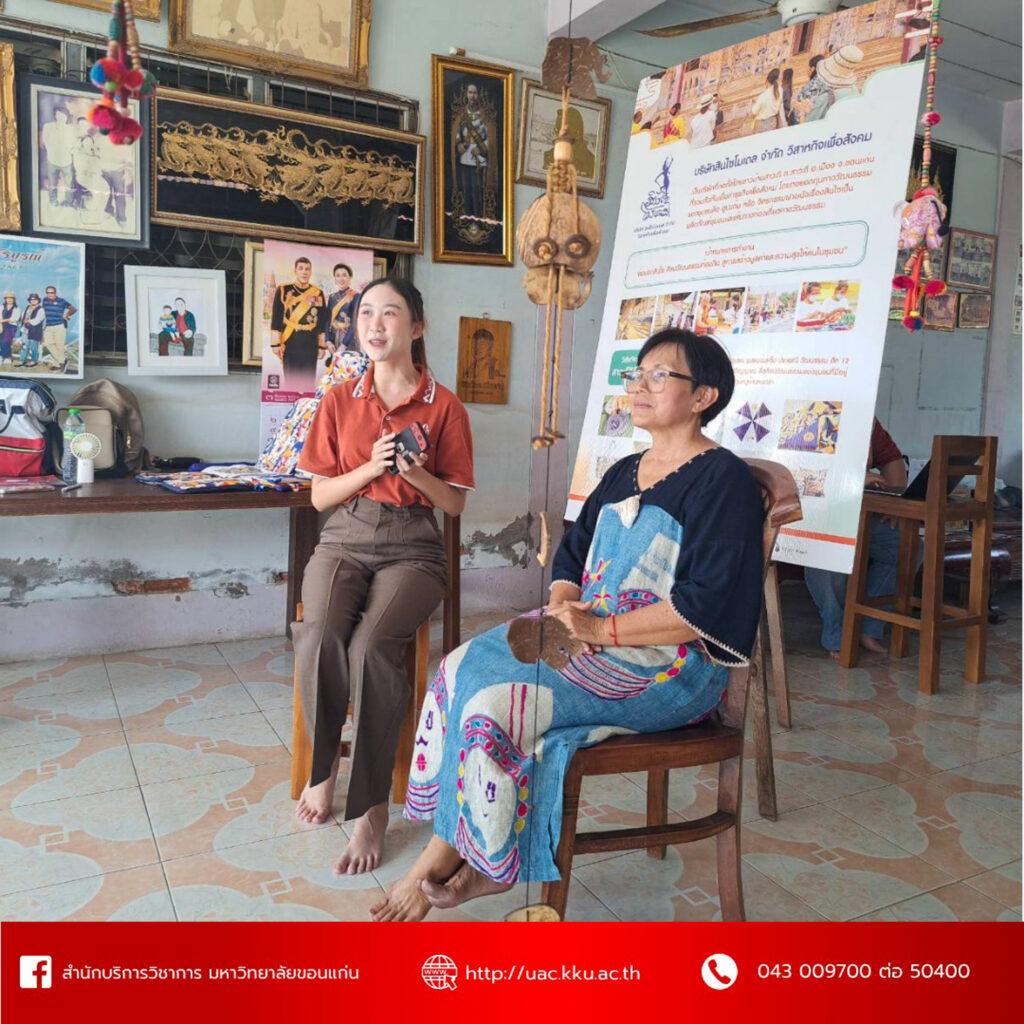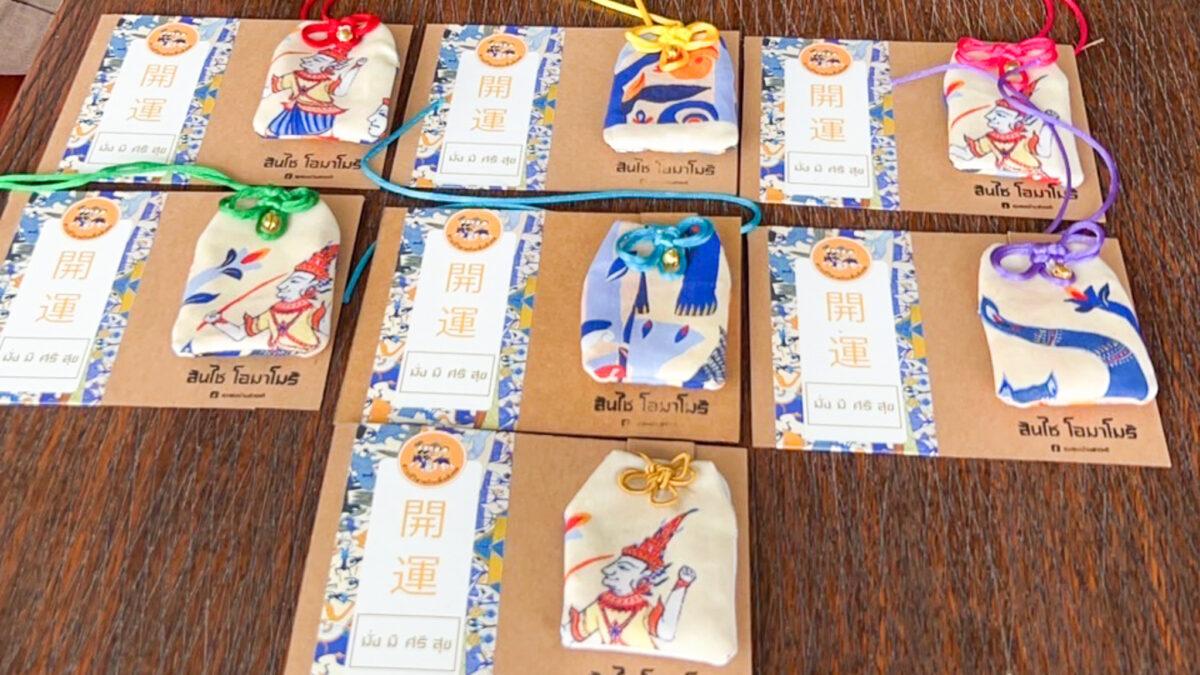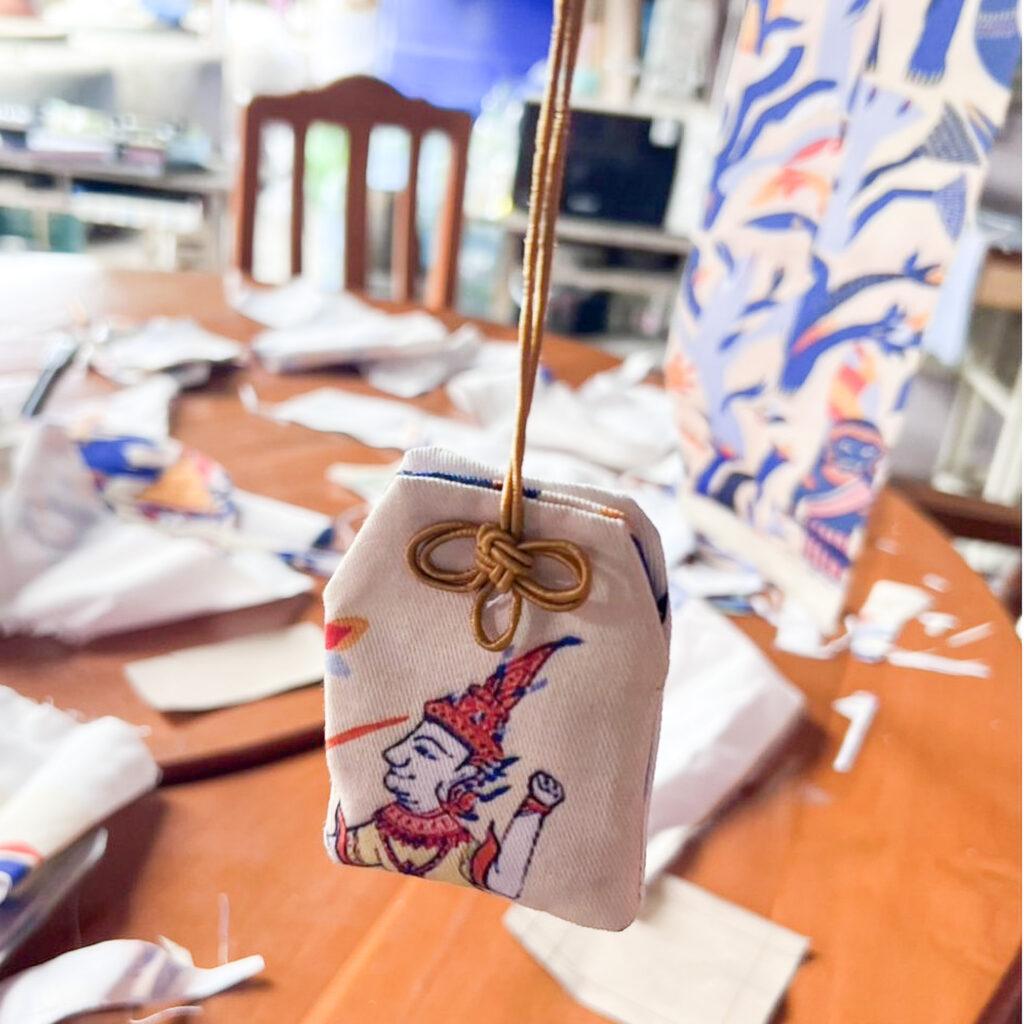Khon Kaen University’s Academic Service Office, in collaboration with the GSB Yuwaphat Rakthin Project, led students from the Faculty of Business Administration and Accountancy and the Faculty of Engineering to Ban Sawathi in Mueang District, Khon Kaen Province, to develop the “Sang Sin Sai” community product based on the BCG (Bio-Circular-Green) economic model. The project aims to promote sustainable local economic development and took place on June 7.

The student team, under the name “Sawathi X GEN Z,” implemented a community development initiative that focused on transferring knowledge in household accounting and new product development to local residents. The goal was to generate added value from local resources and strengthen sustainable economic activity within the community.
The project was honored by the presence of expert lecturers: Asst. Prof. Dr. Saksuriya Traiyarach from the Faculty of Business Administration and Accountancy, and Asst. Prof. Dr. Sukanda Nakapakthin, who served as a project advisor. They provided valuable guidance on product development and effective local economic management strategies that align with the community’s actual needs.

The newly developed products include handcrafted souvenirs made from recycled fabrics, featuring characters from the classic literary tale “Sang Sin Sai.” The initiative aligns with the BCG model, which integrates bioeconomy, circular economy, and green economy principles. The goal is to maximize resource efficiency, create innovative value-added products, and minimize environmental impact under the Zero-Waste concept.

Asst. Prof. Dr. Saksuriya Traiyarach emphasized that this product design project reflects the cultural identity of the local community. The souvenirs are inspired by main characters from the literary epic “Sang Sin Sai,” such as Thao Sinsai, Thao Sangthong, and Thao Siho. These characters have been transformed into uniquely designed items for sale within the community and local tourist attractions. The project is expected to help generate income, preserve cultural heritage, and serve as a model for sustainable community development aligned with the sufficiency economy philosophy.
“This project is distinctive in how it conveys local cultural identity,” said Dr. Saksuriya. “It draws from the treasured tale of Sang Sin Sai and uses its characters as design inspirations. The souvenirs created are intended for sale within the local community and nearby tourist destinations. The initiative is expected to generate income, preserve culture, and become a model for long-term, sustainable local economic development in line with the sufficiency economy philosophy.”
Group Mentors: Ms. Euangfa Wannasit and Ms. Kanokwan Rattasuwan
Photos: Student Team – Sawathi X GEN Z
Report: Wannawisa Thanajintawit








